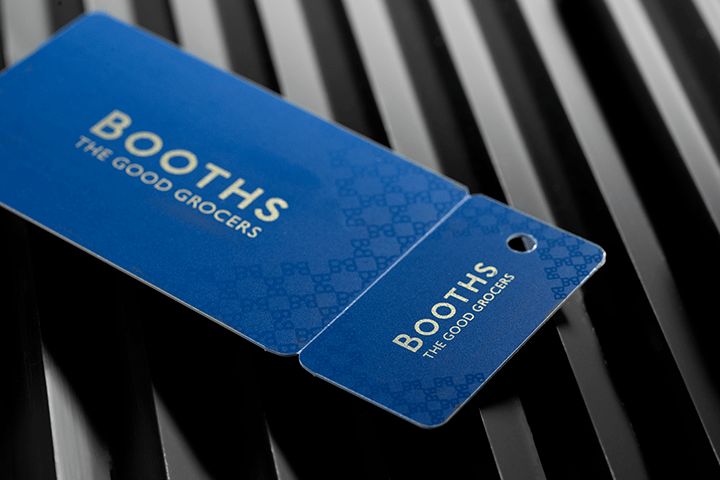Britain’s biggest spenders still prefer a traditional approach when it comes to loyalty, despite the increasing use of mobile commerce in retail.
A survey of British consumers aged over 55 revealed that, despite 91 per cent claiming to own a mobile or smartphone, a huge 80 per cent said they would still prefer to have a plastic loyalty card.
The annual ‘Loyalty Pays’ report, by leading plastic card manufacturer Plastic Card Services, delivers a stark warning for those retailers considering going digital, particularly supermarkets – the most popular destination for using a loyalty card. On average the over-55s were found to use their loyalty cards twice a week, with 81 per cent using their supermarket loyalty cards most frequently. With price wars still growing and supermarket brand loyalty thought to be at an all-time low, this could be good news for those getting loyalty schemes right.
Over a quarter of respondents claimed owning a loyalty card makes them more loyal to a brand, while over half had kept a loyalty card for over 10 years.
Interestingly, an identical survey of 18-25 year olds found that the preference for loyalty cards was not restricted to the older generations. Although 94 per cent of 18-25 year olds claimed to own a mobile or smartphone, only a quarter were interested in having a mobile app for a loyalty scheme.
Rob Nicolls MD at PCS commented: “Retailers have been wise to the ways of their customers for a long time now, but loyalty, and that includes the digitalisation of loyalty schemes, remains a topic of debate. What we’re seeing with our research is that the majority consumers are actively choosing to have a plastic loyalty card.
“The idea that our older consumers are not embracing technology because they don’t have access to it is also a misconception. 93 per cent of UK adults own a mobile phone, but the reasons they’re failing to embrace loyalty apps are vast, such as the growing fear of fraud that comes with taking things online or simply ease of use that comes with cards. Either way, retailers should take note of what their customers are asking for and, in this case, traditional loyalty schemes are still desired.”





